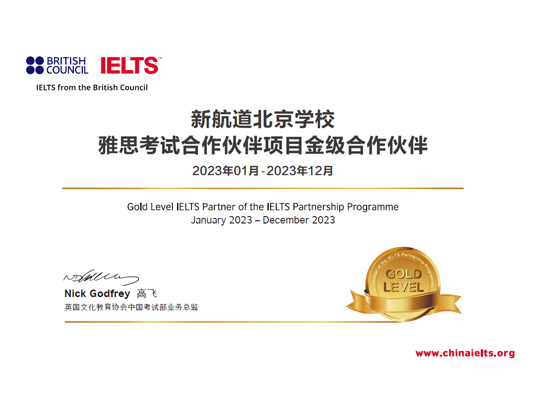当前位置:首页 > 雅思频道 > 雅思写作 > 7月23日雅思作文真题范文 | 城市化对环境的影响
发布时间:2022-07-26 关键词:雅思作文真题范文 城市化对环境的影响
摘要:雅思大作文怎么写?7月23日雅思大作文:城市化对环境的影响,你有写作思路吗?每场雅思考试之后,新航道与您分享本场考试雅思A类大作文的范文解析。欢迎查看本文!
7月23日雅思作文真题范文有吗?7月23日雅思大作文:城市化对环境的影响 应该怎么写?如果您也在关注雅思作文真题范文,那就一起往下看看吧!

2022年7月23日雅思大作文题目
More and more people move from the countryside to big cities. Does this development bring more advantages or disadvantages to the environment?
高分范文及解析
Introduction
With the increasing population shifting from rural to urban areas, an array of hazards have been brought to the natural environment.
解析
老题新改,城市化话题,但要求利弊全都只能写对“环境”的影响。细想这个题,有点难度。
Ø hazard n.[C] 害处
Body 1
Of all the detriments to the environment, the most conspicuous one is the urban heat island effect, which means a city or metropolitan area that is significantly warmer than its surrounding rural areas due to human activities. To illustrate, as the population density is getting higher in urban areas, human activities wreak havoc on the environment. For example, more vehicles, factories, and domestic heating and cooling units not only release more heat but also discharge more contaminants amassing above cities, rendering the air saturated with harmful chemicals, dust, and other pollutants. // Additionally, with an increasing number of people migrating to cities, public parks and green lands need to be converted into residential areas for the surging demand for housing. The less the greenery is in cities, the severer the pollution is.
解析
(1) 城市化 → 人类活动更多,比如:开车出行、家用电器使用等 → 更多污染物排放,污染聚集在城市上空; (2) 城市化 →城市的住房需求增加 → 城市的公园或绿色区域会被转化为住宅区 → 更严重的污染
Ø urban heat island effect n. 城市热岛效应
Ø metropolitan adj. 大都市的
Ø wreak havoc on v. 对…造成威胁
Ø contaminant n.[C] 污染物
Ø amass vi. 聚集
Ø be saturated with adj. 充斥着
Ø migrate vi. 迁徙
Ø covert vt. 使转变
Ø greenery n. 绿色植物
Body 2
Admittedly, it is justifiable for some to argue that the natural environment in remote areas, with the process of urbanisation, will be improved, as fewer human activities there exert a negative impact. However, this is merely an incomplete part of the whole picture. As a matter of fact, the urban area teeming with the sea of people fails to alleviate, or even worse, fuels the urban heat island effect. This is mainly because most of the sun's energy in cities, where there is less vegetation and exposed soil, is absorbed by buildings and asphalt, leading to higher surface temperatures. By stark contrast, if the population scatters in urban and rural areas, the heat and pollutants brought by human activities in each area are more likely to be consumed by evaporation of water from larger areas of vegetation and soil.
解析
让步:尽管郊区没了人口后,环境会得到改善// 反驳:城市人口过于密集,带来的热岛效应无法缓解,反而加剧 [对比论证] 如果分散居住,有足够的绿色植被空间,改善热岛效应
Ø teem with vi. 充满着
Ø fuel vt. 加剧
Ø asphalt n. 沥青
Ø scatter vi. 分散
Conclusion
In the light of the above, the final verdict is quite crystal-clear. Though such a trend may moderately better the environment in remote areas, such an advantage pales into insignificance when set against the hazards to the environment in metropolises.
解析
重申观点
Ø verdict n. 意见;结论
Ø pale into insignificance 使显得不那么重要;使相形见绌
Ø metropolis n.[C] 大都市
以上就是7月23日雅思作文真题范文 | 城市化对环境的影响 的解析,希望对您雅思大作文写作有所帮助!若您还想了解更多雅思作文写作思路、雅思作文真题范文解析,欢迎持续关注本站!若您想了解我们的雅思课程,欢迎与我们联系!

